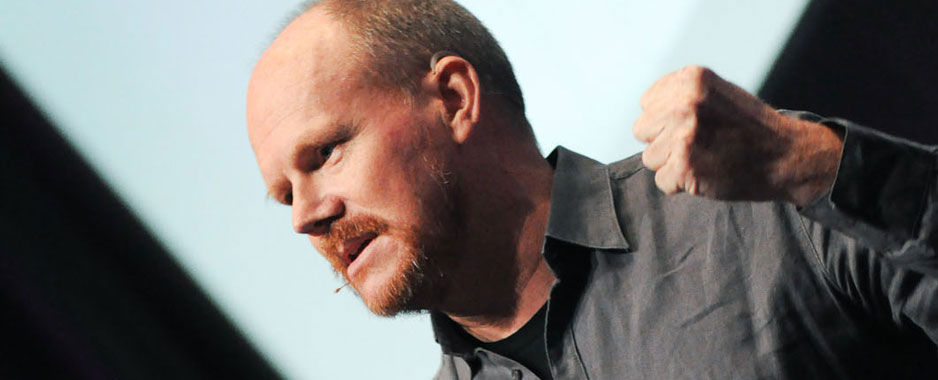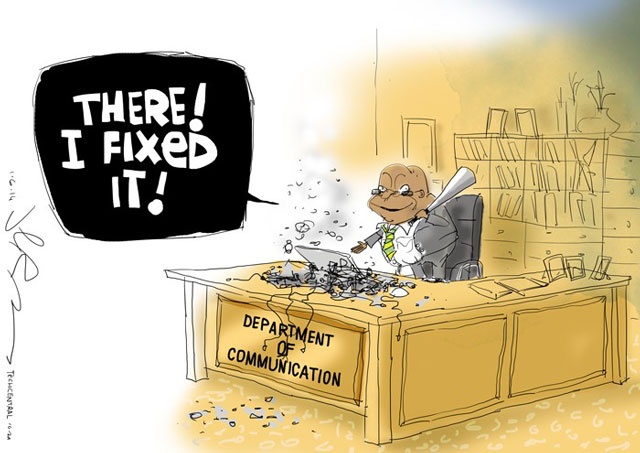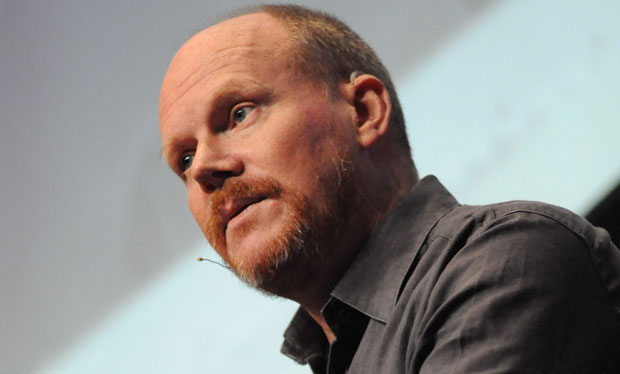In a previous column, I highlighted just how complex it is to manage radio spectrum and why experts can’t seem to agree on whether we are running out of spectrum or entering an age of abundance. I finished by saying that the challenge around spectrum management is that still haven’t worked out a satisfying means of deciding who
Browsing: Steve Song
Malawi is not a country that often makes the international news, particularly not in the realm of connectivity. Economically poor and landlocked, it faces significant challenges in achieving affordable access for all. Although both the incumbent telcommunications operator, MTL, and the electricity parastatal
Electromagnetic spectrum is the crude oil of last-mile connectivity, especially in Africa where more traditional kinds of last-mile communications infrastructure are not especially well developed. As in the oil business, anyone who has gained control of spectrum in the last 10 or 20 years
It has an arcane name and involves complex communications technology, but there’s every reason you and I should be getting very excited indeed about “television white spaces”, the gaps in spectrum between broadcast television channels. Google and Microsoft are pouring millions of dollars
Digital divide, digital dividend, digital yadi-yadah. You would be forgiven if the term “digital dividend” didn’t immediately resonate with you given the proliferation of all things “digital” in recent years. A quick reminder then. The digital dividend refers to the
Last week’s national policy colloquium, organised by the department of communications, drew a degree of cynicism from the telecoms industry. The view among many industry players is that it’s the same old rhetoric with no action. Will this time be different? The industry can be forgiven for suffering from “colloquium fatigue”. Politicians
The release last week of Research ICT Africa’s report on mobile phone pricing in Africa has provoked a little controversy. The facts are quite damning. SA has some of the highest mobile costs on the continent. This is odd given the country’s comparative wealth and infrastructural advantages. By rights, SA ought to have the cheapest phone
Just when telecommunications industry players and analysts thought SA couldn’t possibly get any more undersea broadband infrastructure, news is emerging of a raft of new cable systems that will serve both SA and the region. On Monday, Brazil, Russia, India, China and SA — the so-called Brics countries — announced plans for a new high-capacity
Five years ago, SA had one cable, Sat-3, running down Africa’s west coast and connecting it to the global Internet. Today the continent is surrounded by high-capacity cables, with plenty more, even bigger systems to come. There are now so many cables and such a great deal of capacity that Steve Song, author of the popular
When he isn’t talking at technology conferences and seminars, or travelling to them, 49-year-old Steve Song lives and works in Durbanville near Cape Town. He’s perhaps best known for his map of the various submarine cables that have landed in Africa in recent years, and for his passionate advocacy of the use of television white-spaces





